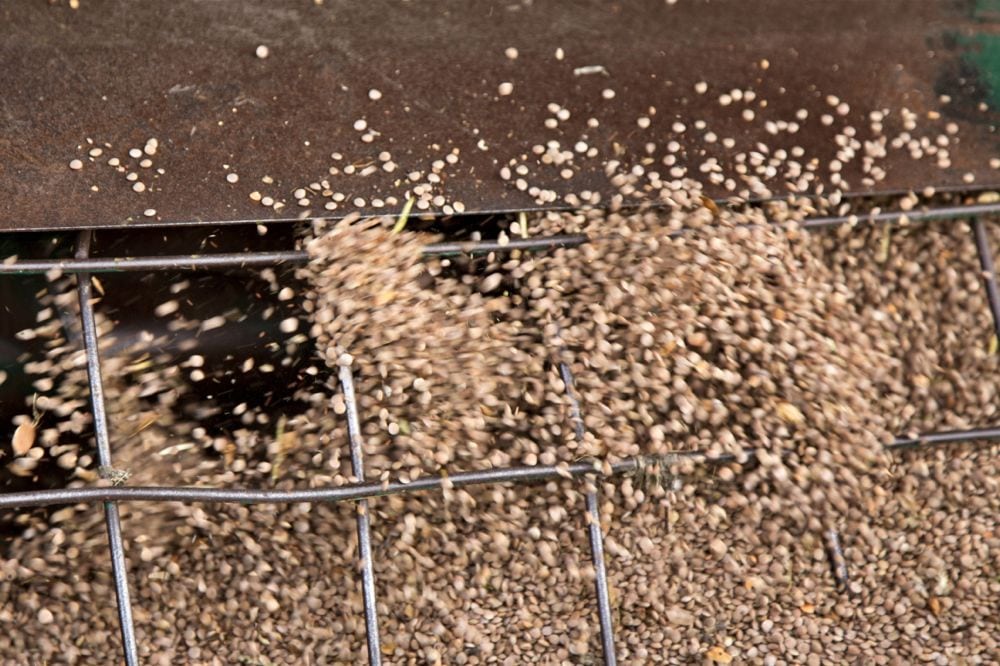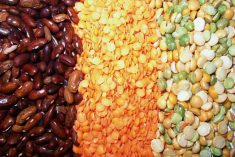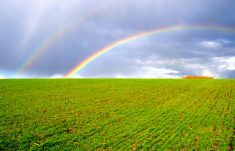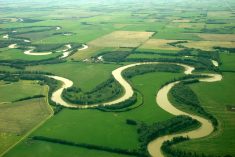CNS Canada — It’s a mixed bag in many ways for Saskatchewan’s pulse crops this year, as a dry summer and late rains have meant different things for various crops.
According to one industry expert, though, the overall picture doesn’t look bad.
“I think overall, if you assess the entire province, it will come in as an average production year, based on the acres that we had,” said Dale Risula, the province’s pulse crops specialist in Regina.
Most of the province’s pulses were harvested before the wet weather arrived, he noted.
Read Also

Dryness poised to threaten Saskatchewan crops
Crops in Saskatchewan are developing in opposite directions, the province’s latest crop report said. Growing conditions in the province vary, with some areas receiving enough rain while other locations are experiencing crop stress due to hot, dry conditions.
“Lots of high-protein feeds coming off in the harvest, both pea and lentil,” he said, adding the seed coat seemed relatively free of ascochyta blight or earth tag.
“They (the crops) weren’t hammered into the ground by torrential rain showers so they’re all pretty clean.”
Lentil yields varied greatly, Risula said, with some yields coming in at 3,000 lbs./ac., while others were just five to 15 lbs./ac.
The quality of the chickpea crop looks average to above average at this point. Risula noted there seemed to be a lot of interest in rotating chickpeas with flax this year, which helped to promote interest.
“I think there’s more chickpeas this year than there has been,” he said. According to Statistics Canada, 442,900 acres of chickpeas were planted in 2018, compared to 160,000 acres the year before.
If there’s one worry, though, it likely centres around peas in the northwest corner of the province.
“They did have more showers than the other parts of the province,” said Risula. Snow had recently fallen around the North Battleford area, he added, which would only compound the problem.
“That area has snow now, which will probably flatten things right down. I think that could cause a lot of earth tag or dirt on the seeds,” he said, adding the peas would likely be difficult to pick up.
— Dave Sims writes for Commodity News Service Canada, a Glacier FarmMedia company specializing in grain and commodity market reporting.
















